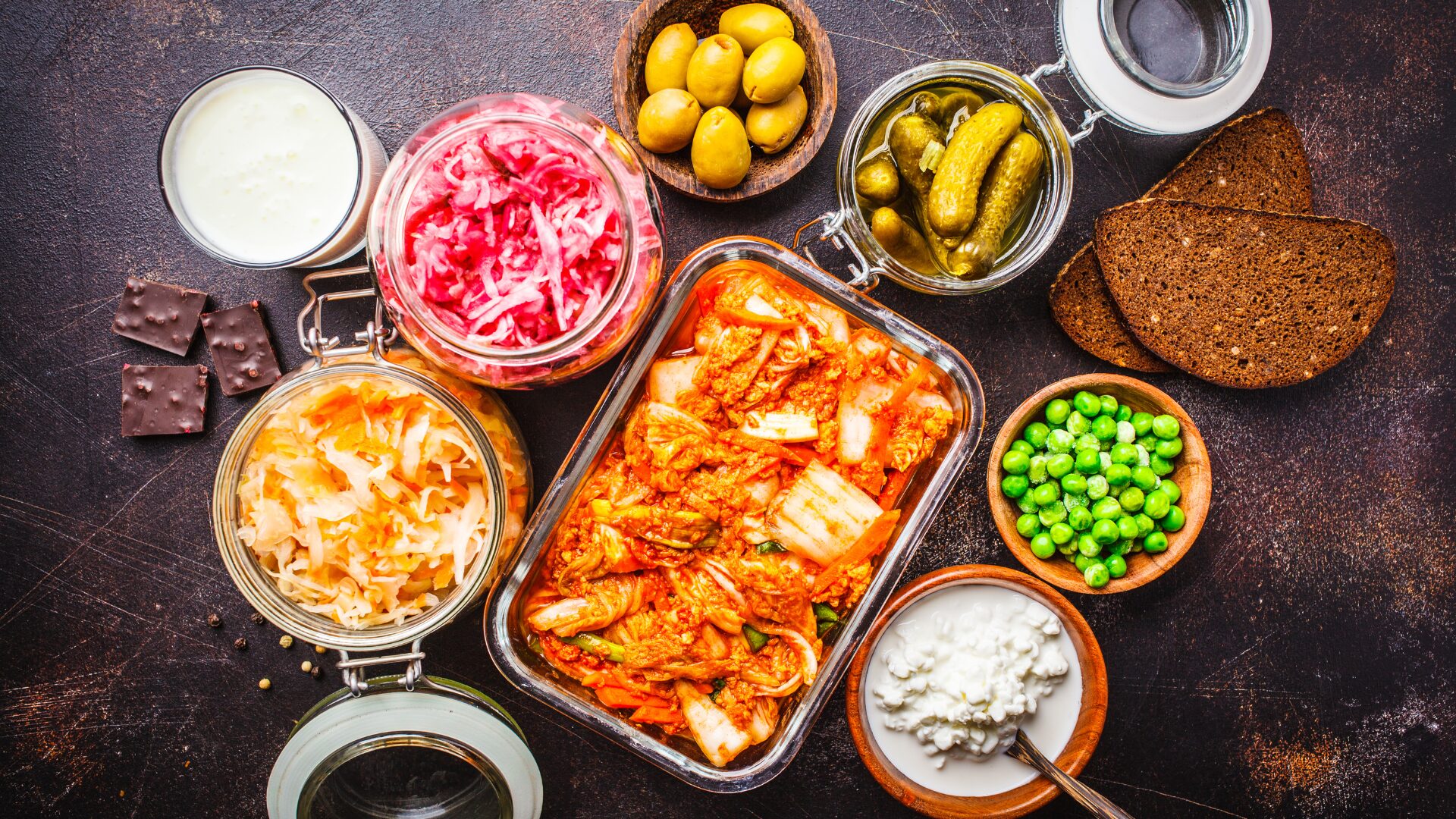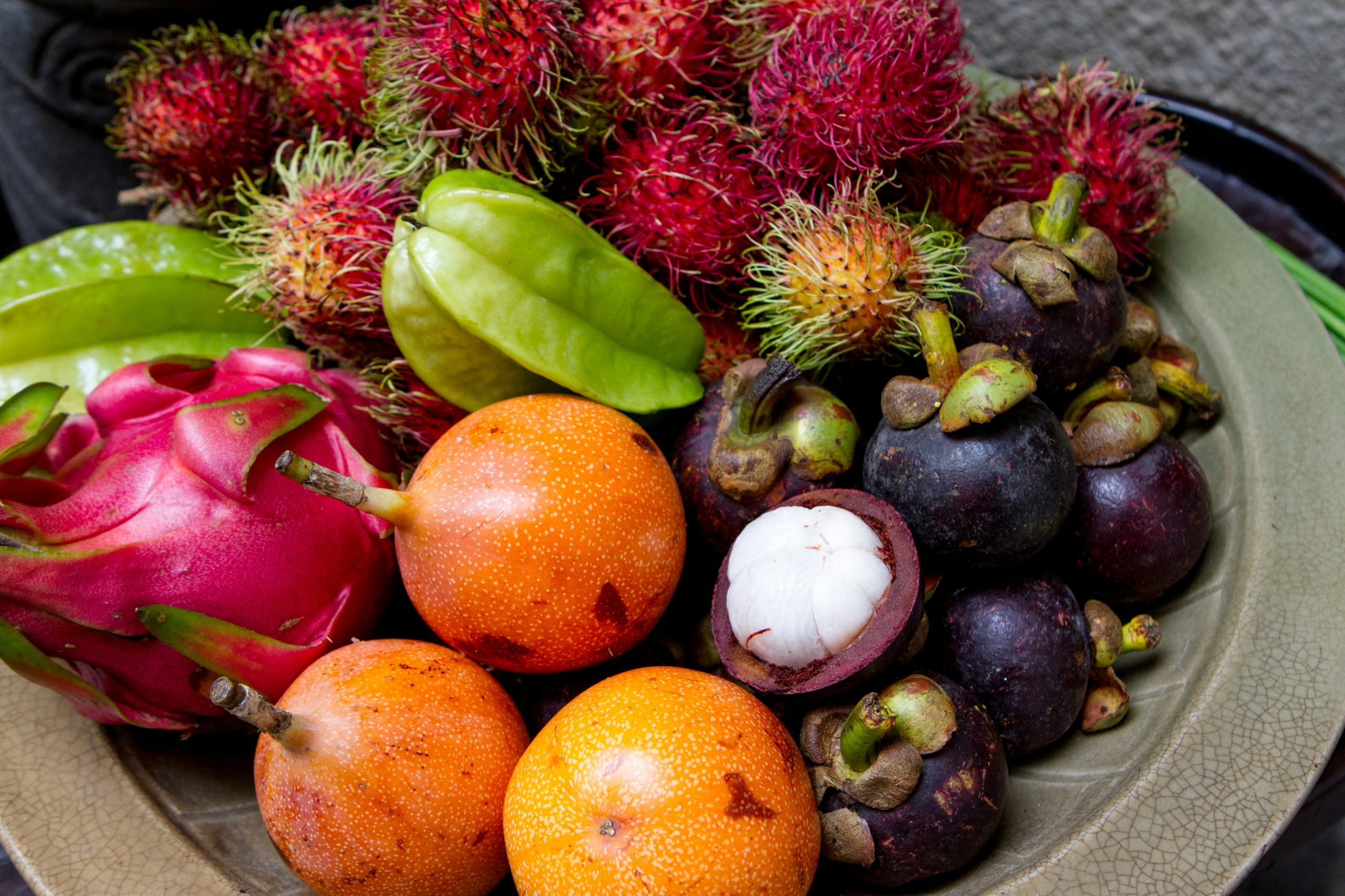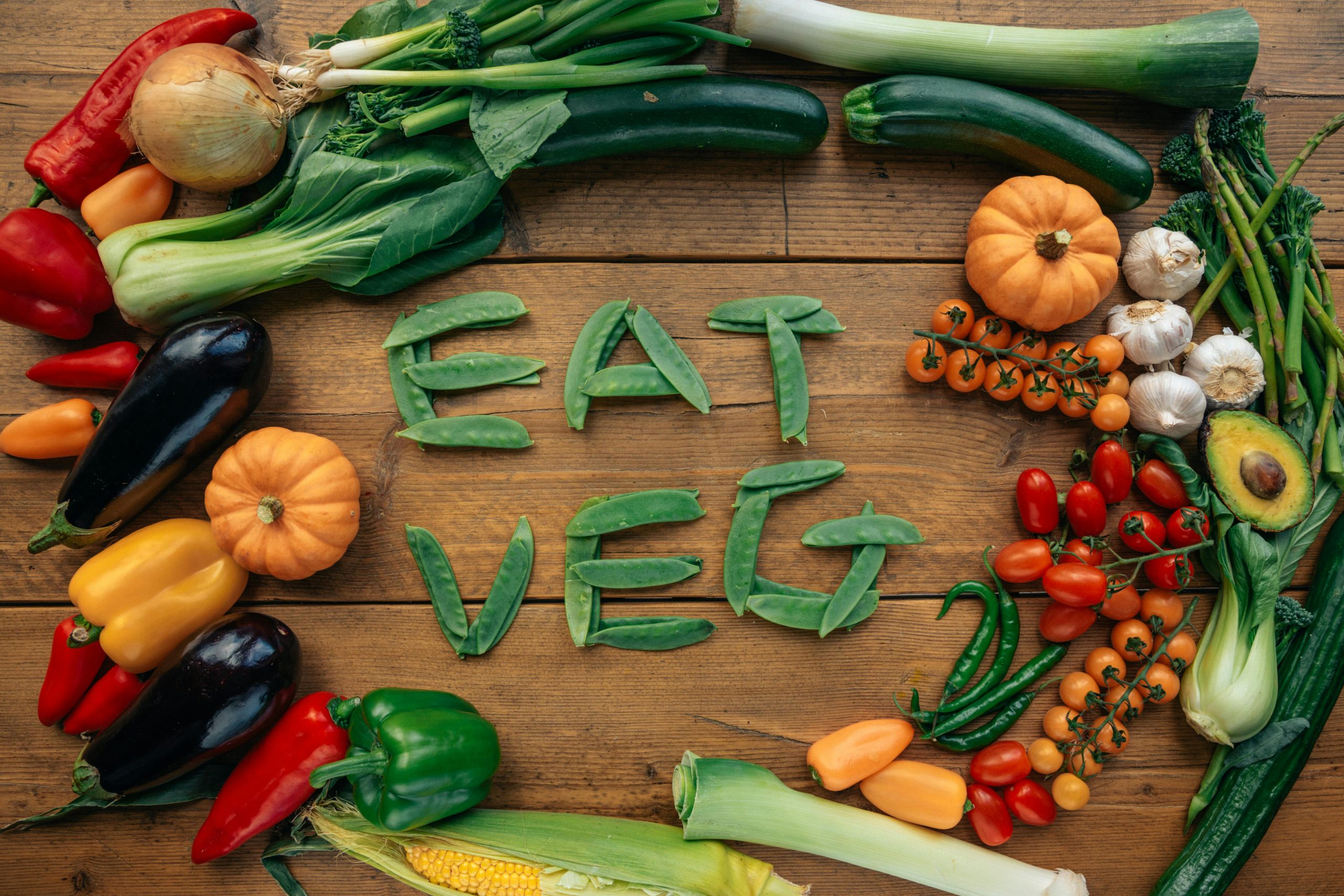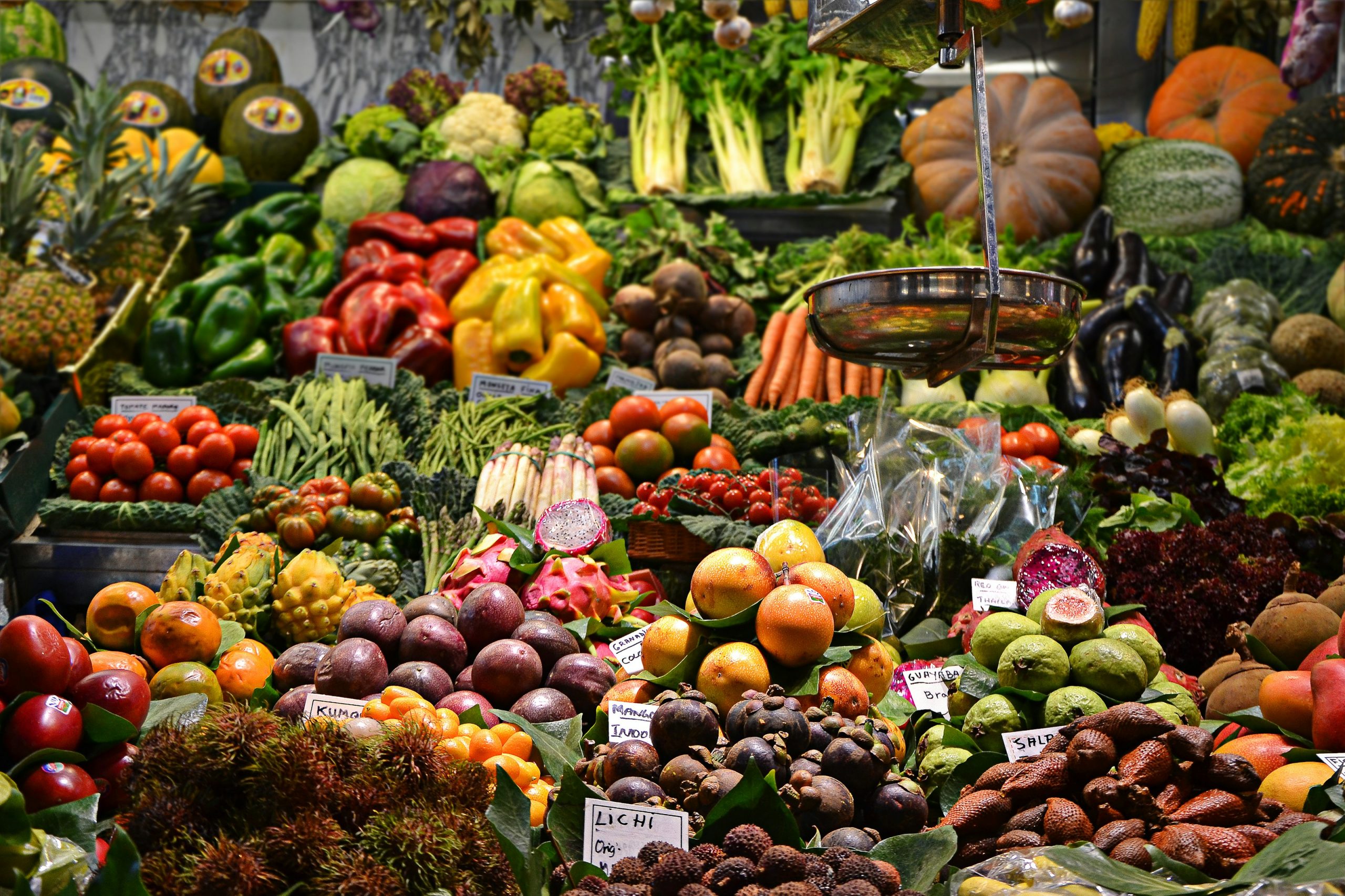The diet of the future, according to experts, will feature plenty of ancient grains, seaweed, and soy.
Research produced by global meal-kit company Hello Fresh, in partnership with Oxford University, has predicted what diets could look like by 2050. And, although the campaign largely focused on predicting what British diets will consist of, the research garnered attention from far and wide.
Hello Fresh and Oxford predicted the following trends will take root by 2050, as reported by Vegconomist.
- Urban agriculture
- AI will help address food waste
- Communal eating will become more common
- Foods will largely absorb greenhouse gases rather than emit them
“One of the biggest factors [on consumers’ diets] will be the effects of global warming … with floods and droughts expected to continue to be erratic,” William Grand, the CEO of NutriFusion, told The Food Institute. “There’s very real potential for food shortages and issues with availability, looking at the global scale. Food inflation will continue to be an issue.”
Some industry insiders feel processed foods will need to be much more nutritious to feed the planet’s growing population in the decades ahead.
“If we want to feed a growing global population sustainably, UPFs will continue to play a role. But we must evolve how they’re made – and that starts with radical collaboration,” said Jim Taschetta, COO of MISTA, a global network and innovation platform.
Climate change could prompt the cultivation of a broader range of drought and heat-resistant crops. By 2050, “sustainability will be table stakes, with consumers demanding that food be ethically sourced (and) environmentally responsible,” said Shannon O’Shields, VP of marketing at Rubix Foods.
Ethical and Healthy Eating
The health and wellness movement appears poised to take deeper root in the years to come.
“By 2050, I think we’ll see a fundamental shift from diets designed to make you look good to diets designed to make you feel good,” O’Shields said.
“General well-being will become the most significant driver of consumer eating decisions in the future.”
Experts feel the following items will be consumed more frequently a quarter century from now:
- Sorghum and buckwheat
- Ancient grains (such as teff)
- Produce (i.e. berries, spinach and broccoli)
- Seaweed
- Cacti
- Fermented foods like kimchi
- Dandelions
- Soy-based foods like tofu
Gut Check
Moving forward, awareness regarding gut health appears likely to grow. That poses a challenge for the food and beverage industry, considering the market for pro- and prebiotic products has become rather saturated in recent years.
“Gut health is very much an emerging field of medicine, and we now know a person’s microbiome is as unique as their fingerprint,” said Nicola Wodlinger, the CEO of mBIOTA Labs, which develops foods designed to help manage GI conditions. “Consumers are going to move away from asking ‘what’s good for the gut’ and toward asking ‘what’s good for my gut?’”
Failing to ‘Meat’ Expectations
The industry insiders FI spoke to reached a consensus: they feel meat producers will endure lower sale figures by 2050. Experts largely agreed that meat consumption will decline over the next 25 years, though a few expect chicken consumption to remain rather strong.
“There are simply too many forces working against the category,” O’Shields said. “At the same time, the ethical and environmental challenges tied to meat production, especially related to sustainability and animal welfare, are becoming impossible to ignore.”
Lasting Remarks
More than anything, experts feel health and wellness will continue to take deeper root over the next few decades.
“Longevity isn’t just a buzzword anymore,” said Kaytee Hadley, a registered dietitian and founder of Holistic Health and Wellness in Richmond, Virginia. Longevity, she added, “has become a movement and belief system that people are embracing and shaping their entire lifestyle around.”
The Food Institute Podcast
It’s tariff time, and companies the world over are working to better understand how their operations will be impacted. Jodi Ader from RSM US LLP joined The Food Institute Podcast to discuss which products and inputs are currently subject to tariffs, and how to best mitigate supply chain risks.











